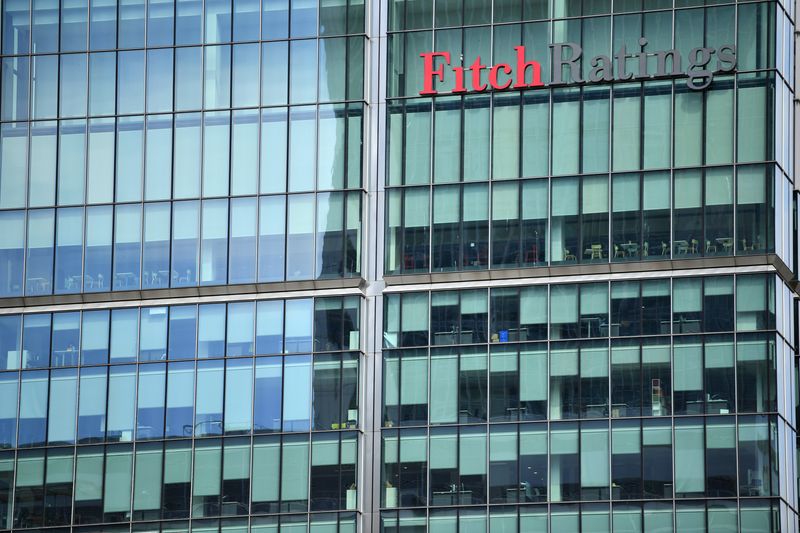Investing.com -- Tension among investors over the U.S. debt situation continues. Credit rating agency Fitch has placed the U.S. "AAA" credit rating on "negative" outlook, citing the partisan action of U.S. politicians regarding the increase of debt ceiling limit as the main reason for its decision.
According to Fitch, increased partisanship prevents a resolution to raise or suspend the debt limit despite rapidly approaching X-Date (when the U.S. Treasury exhausts its cash position and its capacity for extraordinary measures without incurring new debt).
"Fitch still expects a resolution to the debt limit before the X-Date. However, we believe risks have risen that the debt limit will not be raised or suspended before the X-Date and consequently that the government could begin to miss payments on some of its obligations," the agency says in its report.
"The brinkmanship over the debt ceiling, failure of the U.S. authorities to meaningfully tackle medium-term fiscal challenges that will lead to rising budget deficits and a growing debt burden signal downside risks to U.S. creditworthiness.," the report adds.
This first wake-up call for the U.S. from a credit agency, which may not be the last, should give U.S. policymakers of both parties pause for thought, explain analysts at Link Securities in their daily market commentary.
Yesterday, despite the lack of progress in the negotiations, House Speaker Kevin McCarthy remained optimistic about the possibility of reaching an agreement. However, investors are growing increasingly nervous, which, apart from the declines in equities, was reflected yesterday in the fact that yields on US Treasury bills maturing in early June briefly rose above the 7% level, the experts added.
We recall that in 2011, although there was no 'default', there was a rating downgrade, causing significant turbulence in the financial markets, warn the experts at Renta 4 (BME:RTA4) in their daily market report.
Investors are, therefore, keeping a close eye on news from the U.S. on progress of negotiations. Time is running out for US politicians with X-Date, June 1, getting closer and with less and less time for a possible agreement to raise the debt limit to be debated and voted on in Congress. That is what worries us the most; that a miscalculation could precipitate a U.S. default with all that this entails, Link Securities concludes.
